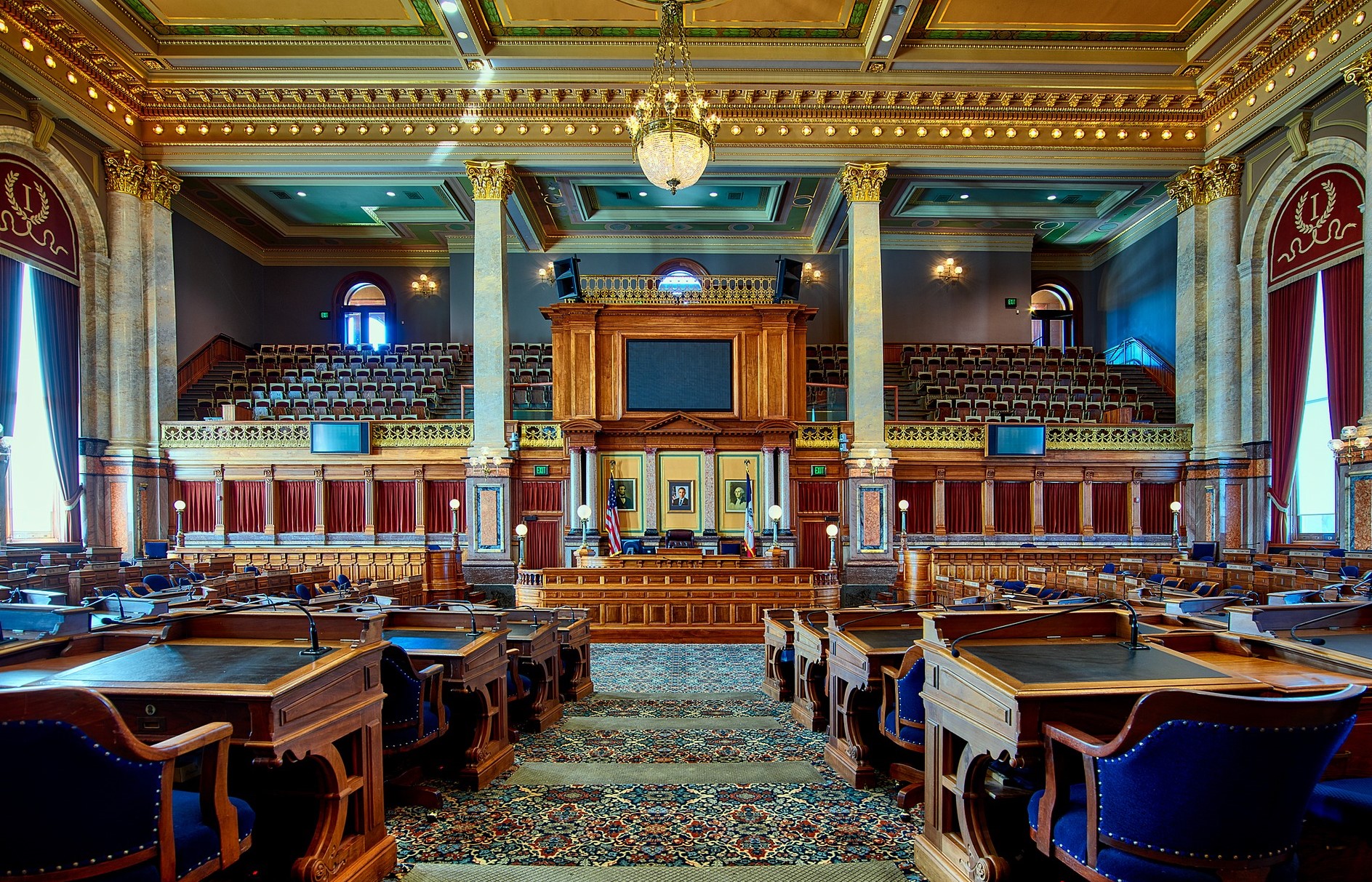The road to full legalisation of marijuana across the US took a step closer to reality this week as the House of Representatives voted in a bill to make it easier for banks to work with the cannabis industry.
The Secure and Fair Enforcement (SAFE) Banking Act was given the green light by the Democrat-controlled House yesterday morning.
The bill is designed to smooth the way for banks to work with marijuana companies, many of which are ‘unbanked’ and only transact with cash or cryptocurrencies.
The bill, though, has yet to reach the Senate – a Republican-dominated institution where the party line is largely against legalising cannabis at either state or federal level.
However, the very fact that something of this magnitude is being considered is enough for it to be hailed as a significant move towards federal legalisation throughout America.
Committee vote
There is, also, plenty of cause for optimism. Republican Senator Mike Crapo – chairman of the Senate Banking Committee – has embraced the bill, stating he wants to hold a committee vote on it in the coming months. This move represents an interesting turnaround from Crapo who seemed unimpressed with the idea earlier this year.
Furthermore, one of the details within the bill specifically protects financial institutions working with hemp farmers and the wider hemp industry.
The hemp crop has significantly changed the fortunes of agriculture in Kentucky – home state of Mitch McConnell, the Senate Majority Leader.
McConnell himself last year set his stall out on the issue of cannabis legalisation describing the drug as “hemp’s illicit cousin which I choose not to embrace”. The fact that hemp protection figures high up in the bill’s key elements could just swing it in the favour of those not intending for the legislation to become a gateway bill to nationwide recreational cannabis legalisation.
Another suggested cause for optimism being set out by pro-legalisation campaigners is the fact that many Republican senators face some stiff opposition in the upcoming elections – particularly in states where a legalisation policy could be the difference between re-election and being booted out of the Senate.
Whether or not the SAFE Act becomes law by the 2020 elections or not is debatable. But if the voting pattern in the House Representatives is anything to go by – 321 in favour, and 103 against – then the pressure is on the Senate to deliver on behalf of the banks and an industry being swept along by unprecedented momentum.


